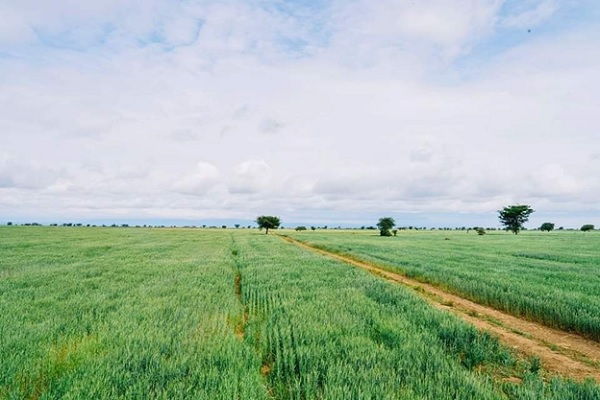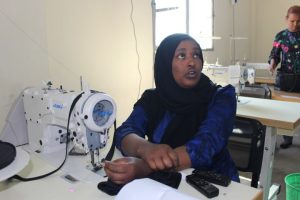
Ethiopia is experiencing steady economic growth in sub-Saharan Africa, with agriculture at the forefront of a broad reform agenda. The government projects an economic growth rate of 8.5% for the coming year, crediting its reform efforts with driving inclusive and sustainable progress.
During a recent macroeconomic review, the Council of Ministers concluded that the country is on the right path to achieving food security. The 100-day performance assessment for the first quarter of 2024/25 fiscal year highlighted remarkable progress across multiple sectors, with agriculture emerging as a key focus.
The government has intensified efforts in agricultural development, particularly in wheat cultivation, which has expanded nationwide with notable results. “Agriculture plays a vital role in our economic growth and ensuring food sovereignty,” government officials stated, emphasizing that food sovereignty is both a matter of national security and an expression of national identity.
The Agricultural Transformation Institute Director-General Mandefro Nigusie stressed the importance of food sovereignty, equating it with self-determination and independence. “A nation dependent on food aid cannot fully exercise independence. Achieving food sovereignty affirms the capacity for self-determination,” he said.
The government’s multi-faceted agricultural reforms, initiated in recent years, have begun to yield tangible results, laying the foundation for sustainable food security. “We have created favorable conditions in the agricultural sector, but productivity must increase in a sustainable way to fully achieve food sovereignty,” Mandefro added.
Head of the Democratic System Building Coordination Bureau at the Office of the Prime Minister, Bikila Hurisa (PhD), echoed the importance of these reforms. “Ethiopia’s practical steps toward food sovereignty are bearing fruit, proving that the country is capable of achieving sustainable food security,” Bikila stated. He noted that the efforts focus on enhancing productivity at both the family and individual levels, ensuring lasting impact.
Further cementing its commitment to global food security, Ethiopia will host the World Without Hunger Conference from November 5-7, 2024, in Addis Ababa. The three-day event will feature technical sessions, an investment forum, and a high-level political forum aimed at finding solutions to food insecurity.
Officials remain optimistic that Ethiopia’s agricultural reforms will not only support its growing economy but also ensure the nation’s ability to achieve sustainable food sovereignty-demonstrating its capacity to lead the region toward a more secure and self-reliant future.
Ethiopia’s high soil fertility, the amenability of its climate towards the cultivation of diverse range of crops, and the comparative abundance of its water supply make the country the right place to commercial farming.
BY HAILE DEMEKE
THE ETHIOPIAN HERALD WEDNESDAY 30 OCTOBER 2024





